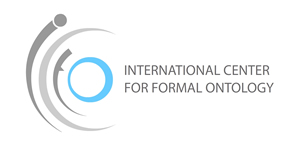NCN Grant »Turing, Ashby, and ›the Action of the Brain‹«
The Philosophy of Computing group is implementing NCN (National Science Centre) OPUS 19 grant ref. 2020/37/B/HS1/01809, which was awarded in November 2020. The project's PI is Hajo Greif, the Co-investigator is Paweł Stacewicz, the postdoc Adam Kubiak. The project is funded by NCN with PLN 767,130.– for three years (2021-2023), which involves a three-year postdoc position. The abstract can be downoaded here.continue reading →
